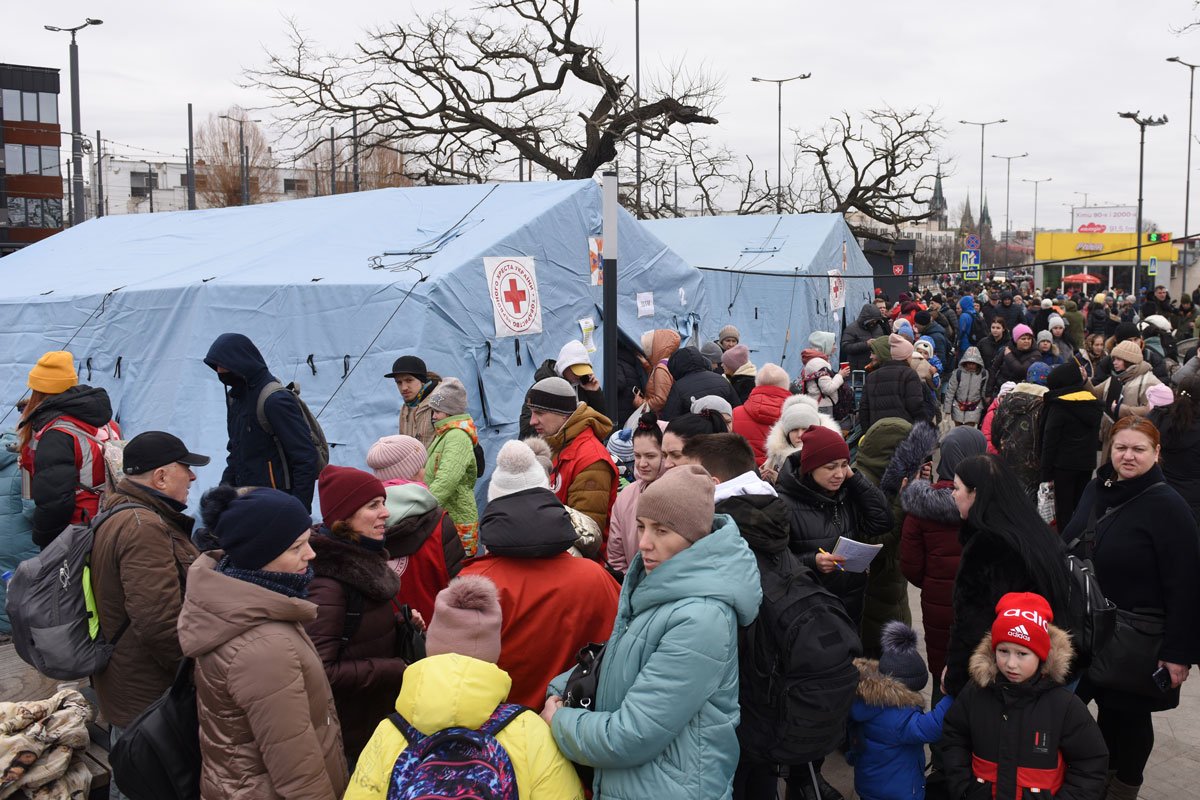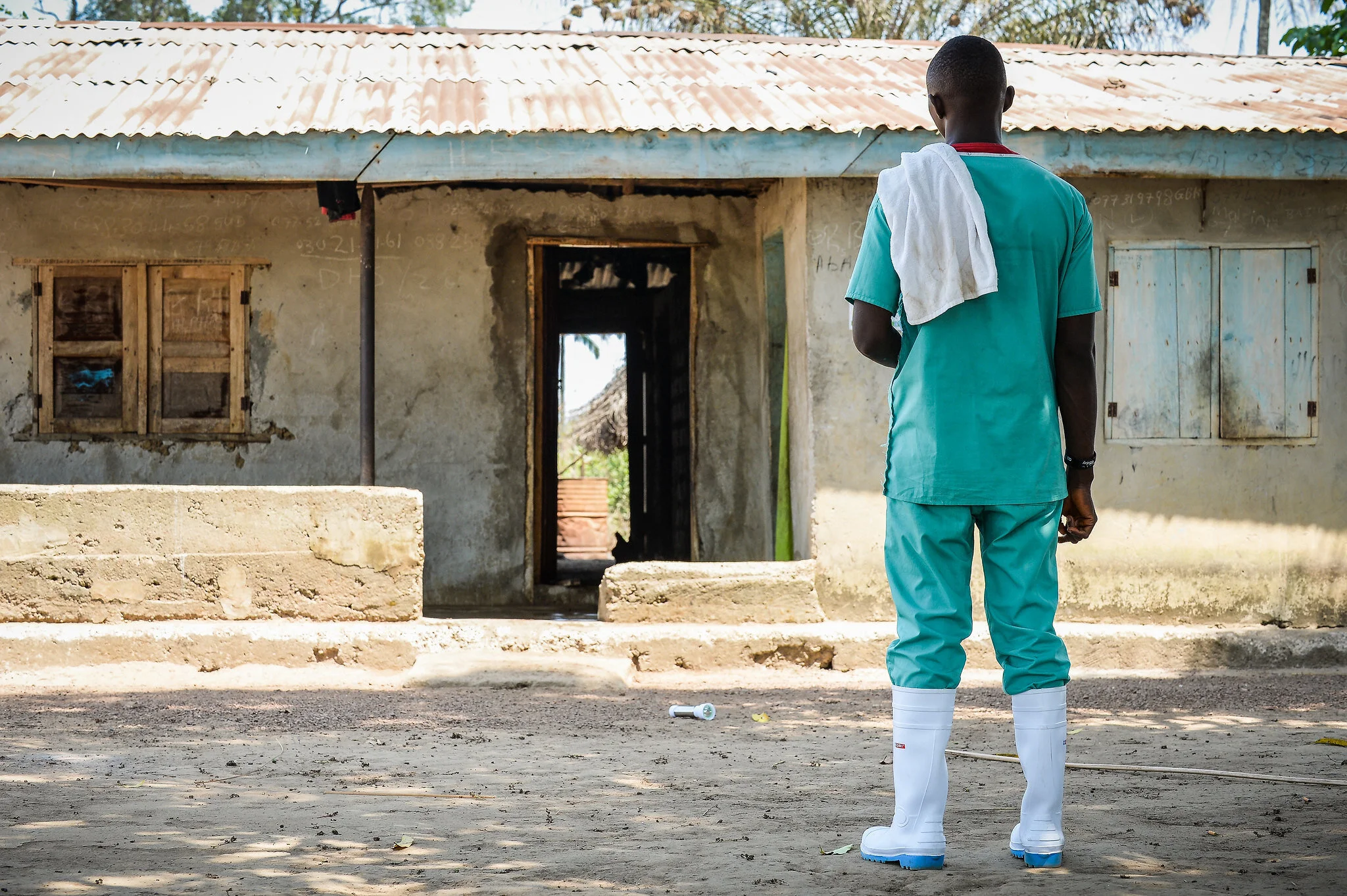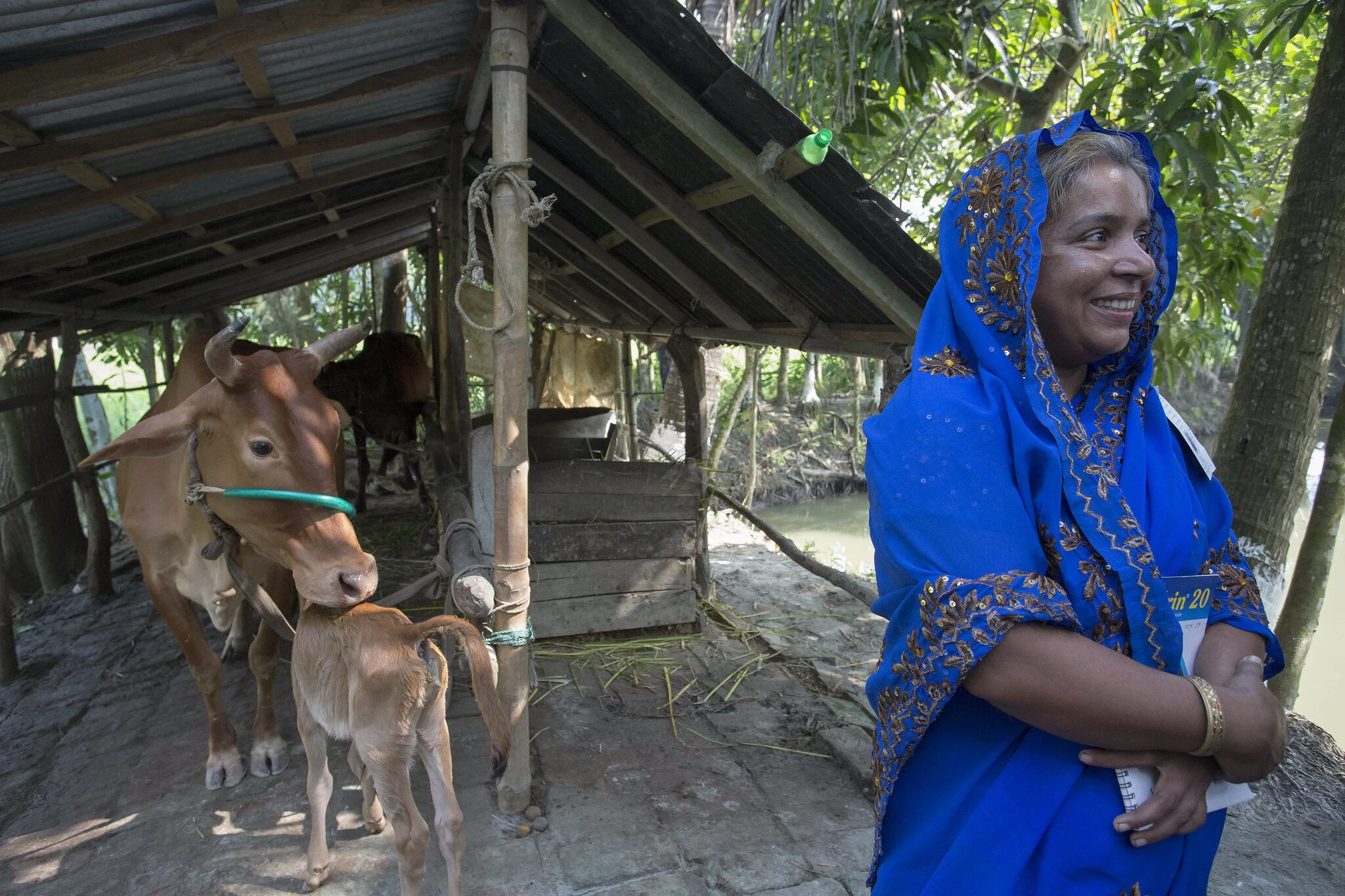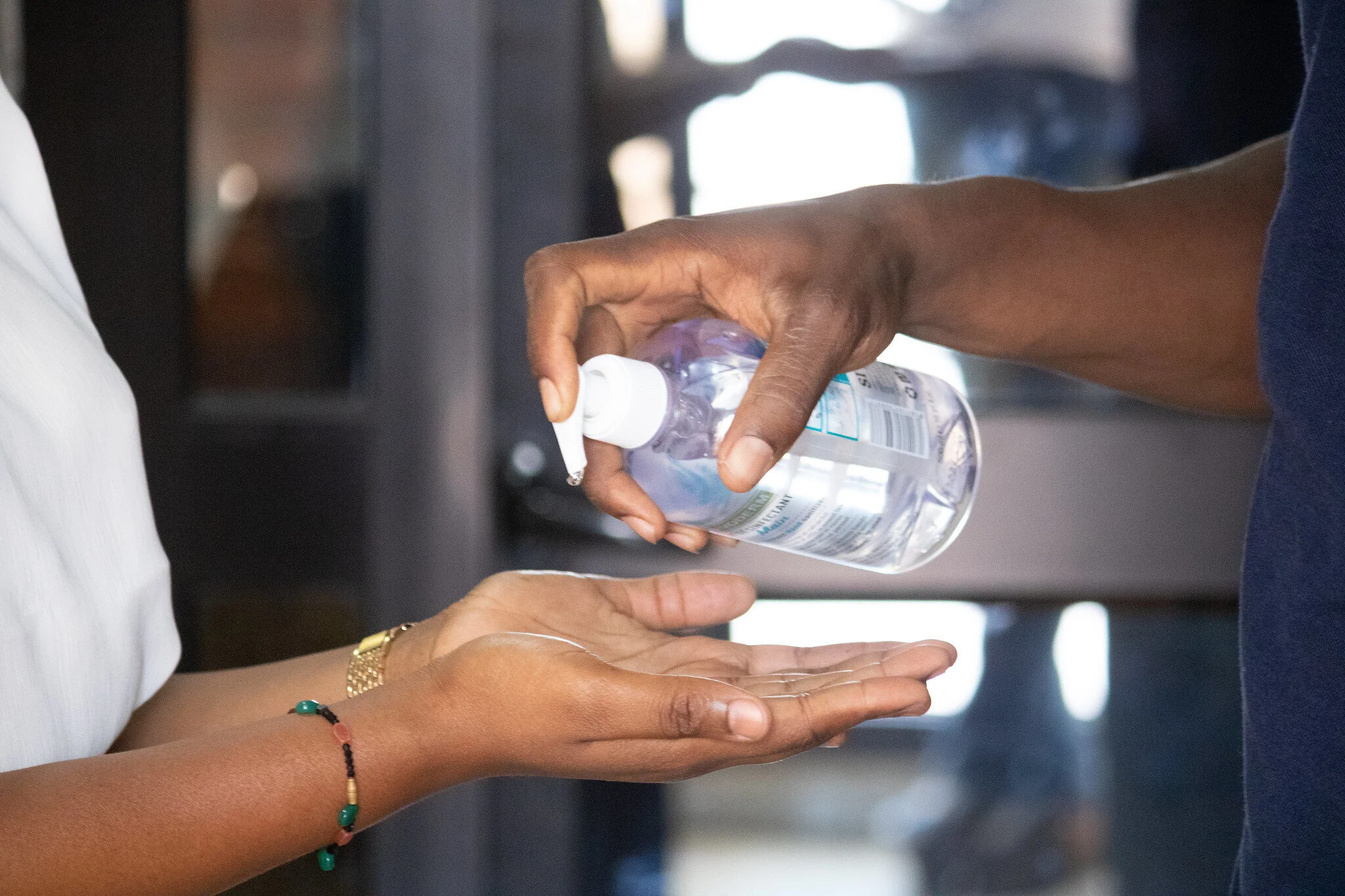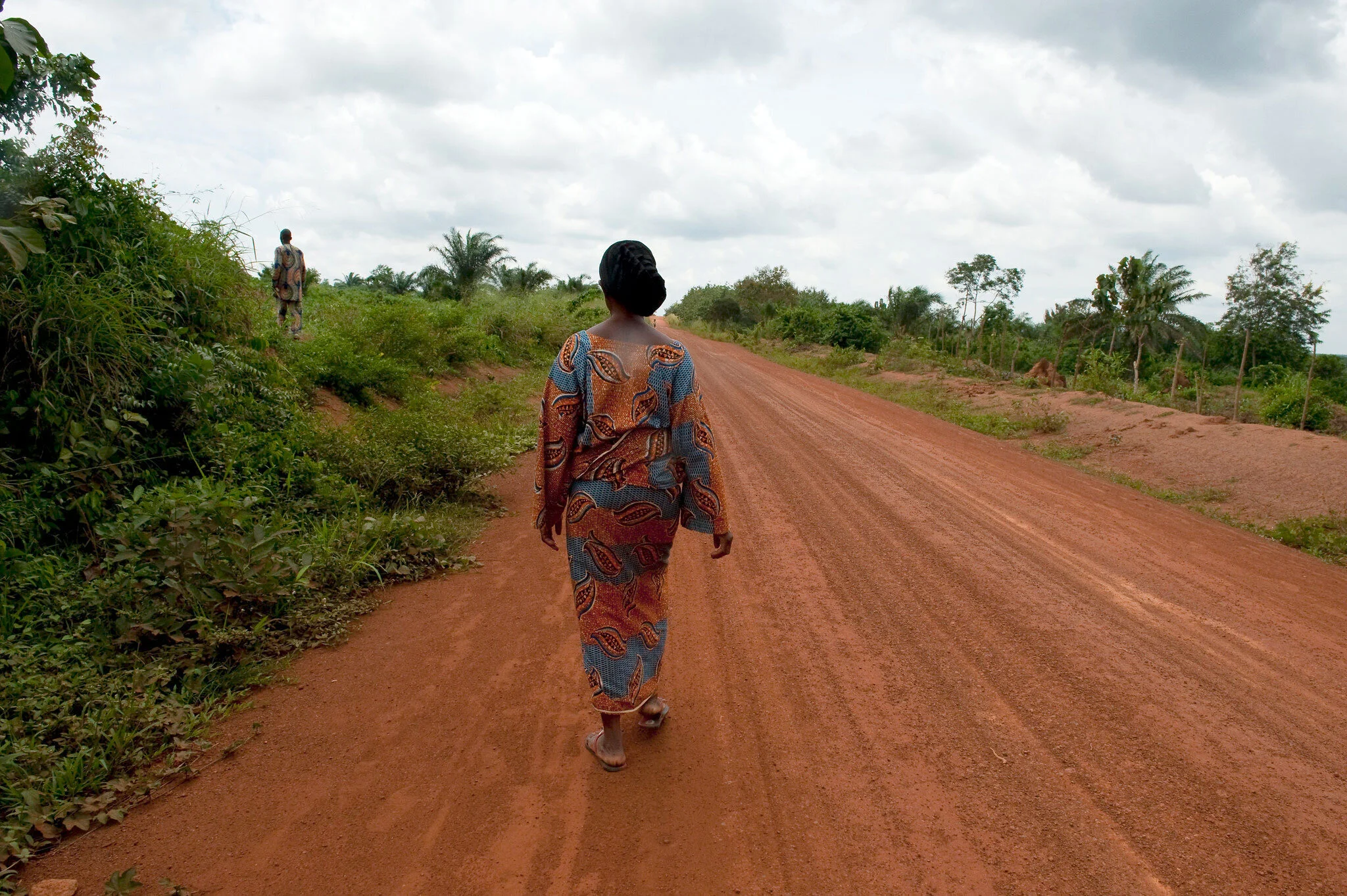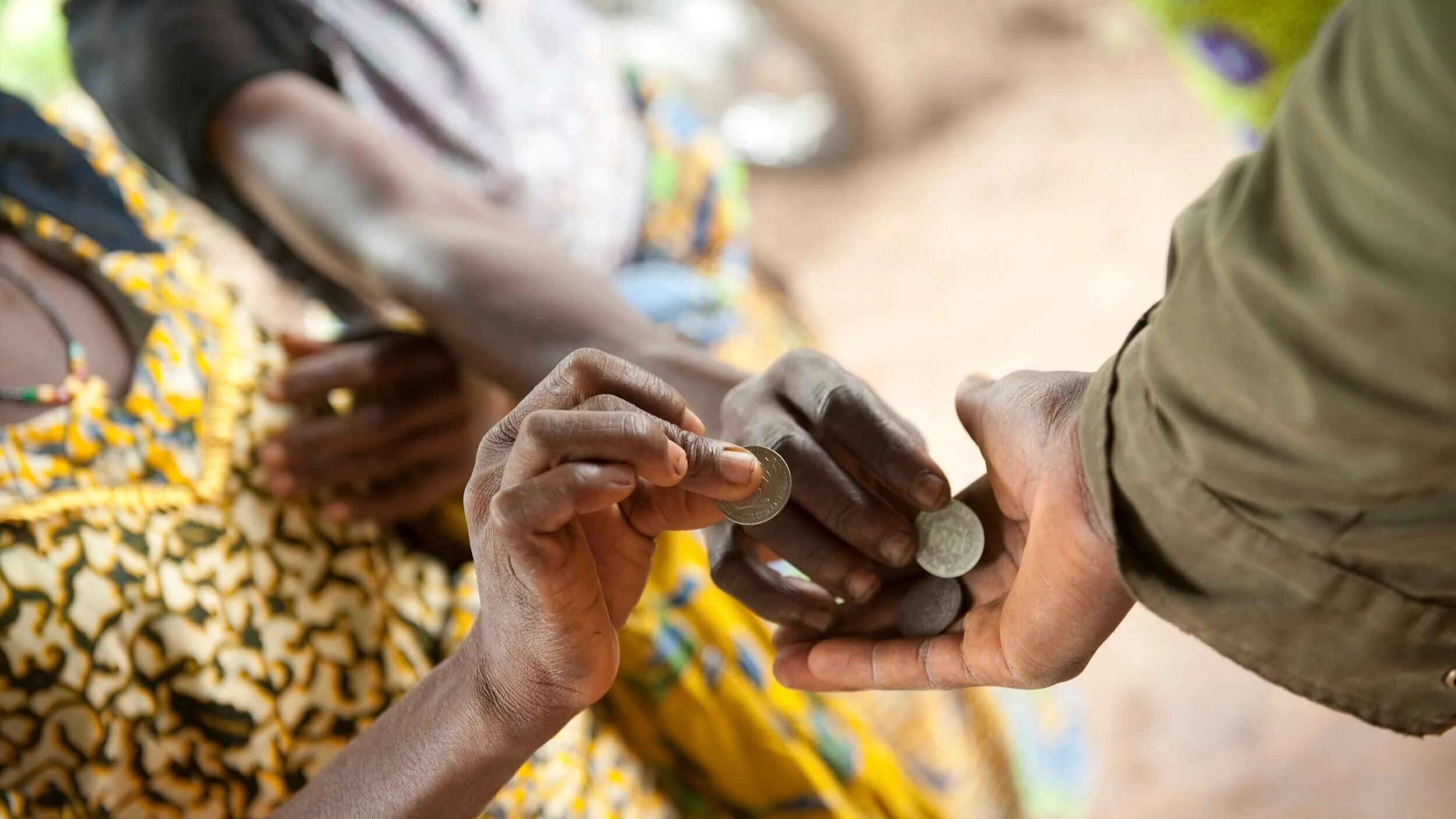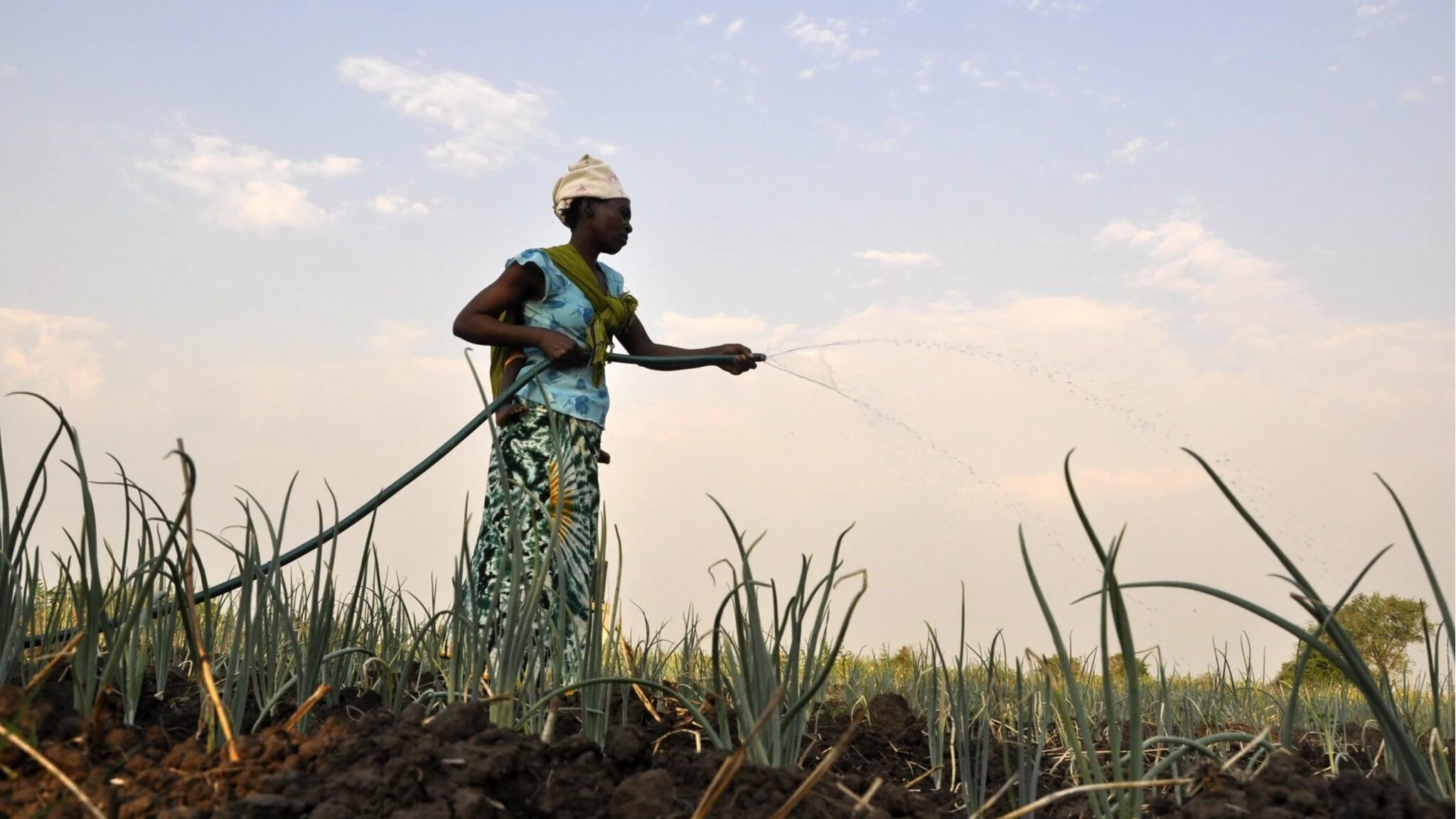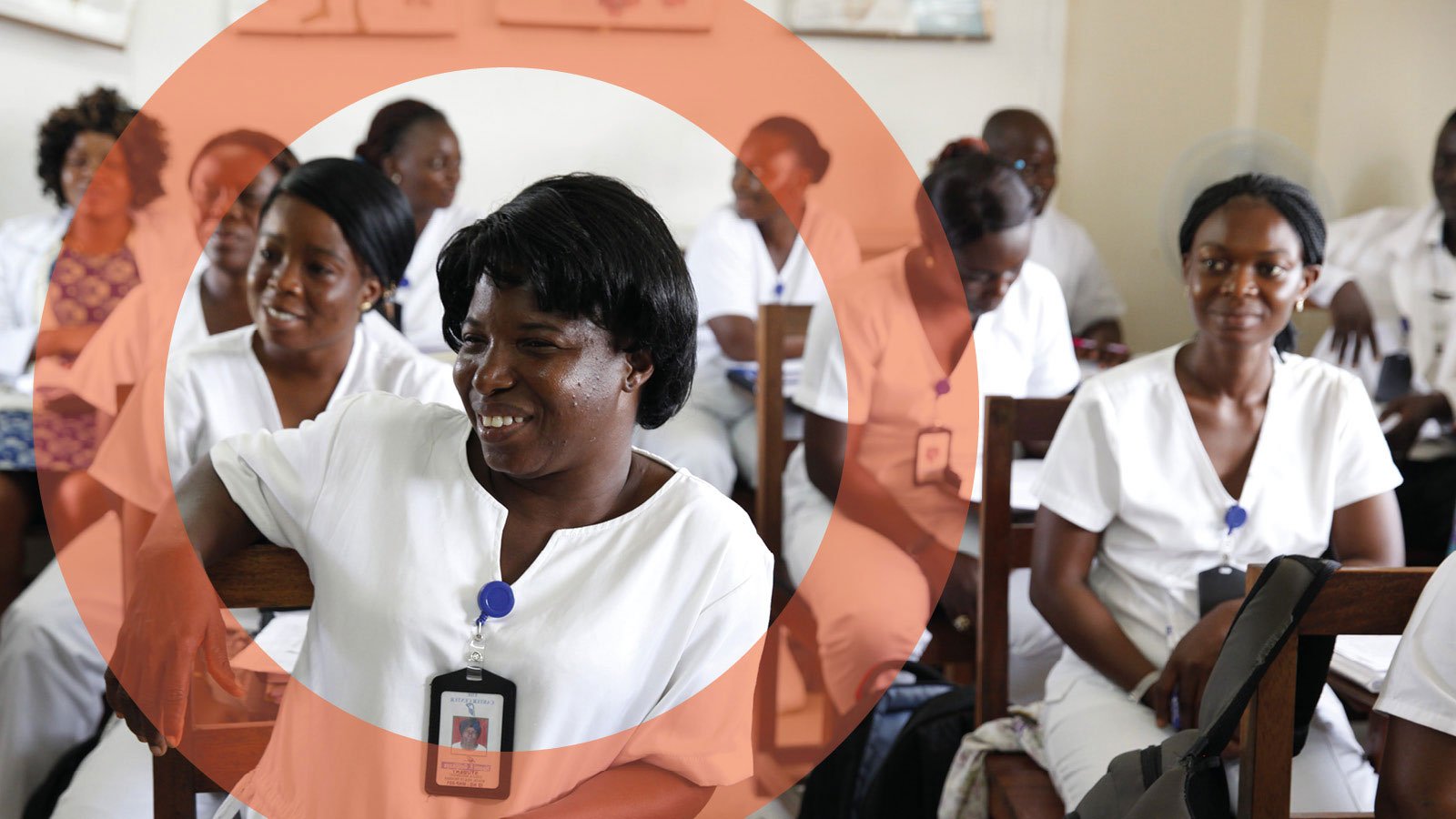
BLOGS
What the funding response to the crisis in Ukraine tells us about the state of crisis financing
The war in Ukraine has led to an estimated 24 million people in urgent need of humanitarian assistance. Nearly 6 million refugees have fled Ukraine and close to 8 million people have been displaced within the country. Infrastructure has been devastated. This blog by Michèle Plichta reflects on the international crisis financing response to date and what this tells us about the state of how the world pays for disasters.
Pre-agreed disaster risk finance: the agenda women’s advocates should be influencing
Mairi Dupar, Senior Technical Advisor for ODI tells us why the emergent pre-agreed disaster risk finance agenda cannot afford to be gender blind and calls for DRF mechanisms which bring transformative benefits to women and girls.
Will the World Bank’s IDA20 replenishment help low-income countries stay one step ahead of disasters?
When the Centre for Disaster Protection convened the Crisis Lookout Coalition in January 2021, it challenged the international system, and the donors that sustain it, to ensure that, wherever possible, finances to pay for disasters are arranged in advance. In this blog, three things the World Bank’s IDA replenishment and its stakeholders could do to play their part in making the international crisis financing system smarter, faster, and better targeted.
Climate impacts on the front line: lessons from the DIRISHA project for pre-prepared finance
In the African drylands of the Sahel region and Horn of Africa, the climate crisis exacts a punishing toll. Drought and food insecurity challenges, landscape modification and settlement expansions have been compounded by the pandemic – and socioeconomic development is threatened. Amongst those worst affected by climate change are pastoralists, who rely on herding livestock across Africa’s arid and semi-arid lands for their livelihoods.
Did COP26 mark the beginning of the end for the disaster begging bowl?
In the month that has passed since leaders met in Glasgow, there has been a lot of discussion on the successes and failures of this year’s COP – without doubt the most important dialogue on climate to date. The make-or-break summit had all the key ingredients you would look for in a recipe for change but in the end, the agreements were somewhat half-baked, with leaders and policy makers now under pressure plan how to go further and faster.
Opinion: We must ditch the ‘begging bowl’ approach to crisis finance
Former Ethiopian Finance Minister and Centre Board member, Ato Sufian Ahmed Beker, reflects on his experiences of crisis finance and how the COVID-19 pandemic has demonstrated that the international aid system — which many low-income countries rely upon to help pay for disasters — is no longer fit for purpose.
Putting disaster risk at the heart of climate finance
One of the big debates at this week’s pivotal UN climate summit in Glasgow will be the size and shape of the package of finance to help low income countries adapt to the devastating effects of climate change. One particular area of concern is whether money is making its way to the least developed group of countries (LDCs) and those places that are particularly vulnerable to climate shocks.
Catastrophe risk insurance makes its biggest payout ever following Haiti disaster - but is it enough?
The Haiti earthquake is the latest tragedy to befall a beleaguered nation still in recovery from previous disasters, not least the devastating 2010 quake. While the road to recovery will be long, the country has already benefited from a relatively new approach to funding such disasters that saw life-saving international financing delivered within two weeks of the initial shock. This quick response is far from the norm, but it shows that how the world pays for crises is evolving and modernising.
Crisis funding – how much do we really know?
By Debbie Hillier: “I’ve been working in humanitarian policy for twenty years and assumed that for the most part, I knew how emergencies were funded. After all, the ability to put pressure on funders for more money and to find creative ways of doing so is a critical element of a humanitarian policy adviser’s job. However, after recently working on a study for the Centre for Disaster Protection and Development Initiatives, looking at funding flows to nine crises, I was surprised to find some of my assumptions challenged.”
Exploring a role for triggers and risk-informed financing in complex crises: COVID-19 as a case study
In this blog, Conor and Chris reflect on a short report which presents a retrospective analysis of IRC’s approach to financing the first nine months of the COVID-19 outbreak; and an analysis to identify, develop and appraise possible trigger mechanisms to support decision-makers and lay the foundation for further risk-informed financing.
Realizing the Crisis Preparedness and Response Ambition of IDA20
Covid-19 has been a stark reminder that ending extreme poverty requires protecting gains during crises as much as making progress during better times. Thus we welcome the announcement in April that as the World Bank raises funds for IDA20, supporting countries to prepare for crises will be a major cross-cutting emphasis.
The importance of being timely in climate disaster response
In 2020, Bangladesh experienced the second highest recorded floods since 1989. In this blog, we summarise findings from the first large-scale evaluation that tests the impact of humanitarian cash transfers in response to a sudden climate shock, and the importance of being timely for an impactful response.
Tracking covid-19 – new research reveals flaws in crisis financing
For the past year, the Centre has tracked funding via the multilateral system intended to support the covid-19 response in low- and middle-income countries. Here we reflect on what covid-19 has taught us about how crises are currently funded and the changes that must be made for the system to be fit for a future which some experts have described as ‘the era of pandemics’.
Of spinach and Ancient Egypt – starting a serious conversation about accountability
Accountability is like eating spinach: no one disagrees with it in principle. And across the disaster risk financing (DRF) world there’s certainly agreement that accountability is important. But there are real gaps in putting this into practice, in regard to developing clarity and detail on doing accountability. That’s why we felt it was the time to start a discussion, beginning with a review of the evidence base to date. Our intention is that this is a first step in what must become a meaningfully inclusive effort to move the discussion, the evidence, and the practice forward.
Dignity in the face of disaster
The Ganges-Brahmaputra-Meghna Delta of Bangladesh is on the frontline of the global climate crisis: these days, when the rains fall during the annual monsoon, it doesn’t just lead to occasional flooding; rather, up to a full quarter of the country – a landmass equal to the whole of Germany – can be submerged underwater. Millions of homes are damaged, livelihoods are destroyed, and, tragically, many people die.
Here’s what 2020 taught us about funding a crisis and how to do better in 2021
Zoë Scott, Head of Multilateral Programmes, Centre for Disaster Protection and Dirk-Jan Omtzigt, Chief Economist and Head, Humanitarian Financing Strategy and Analysis Unit, UN-OCHA
The start of a new year usually brings with it a sense of expectation, hope and resolve to make improvements. 2021 should be no different. There is much reason to believe that enormous global progress is possible this year, including through the G7 and COP26, to create a more equitable, sustainable future.
The opportunity cost of covid-19 emergency expenditure reallocation
Stephanie Allan, Dayna Connolly & Kiran Tariq
Over the course of the next year, Oxford Policy Management (OPM) will be working with the Centre for Disaster Protection to understand one of the most common forms of disaster response financing—expenditure reallocation. When disasters like covid-19 strike, cash-strapped governments are often forced to raid their existing budgets in order to finance emergency relief and recovery. Although expenditure reallocation is an important part of any government’s disaster response financing, there is very little data on its scale or cost.
Anticipatory action for monsoon flooding in Bangladesh
Emilie Gettliffe
Over the last year the United Nations Office for the Coordination of Humanitarian Affairs (OCHA) has been designing and delivering anticipatory action pilot projects in Somalia, Bangladesh, Ethiopia, and Malawi to demonstrate and build understanding of collective anticipatory humanitarian action at scale as an important complement to traditional funding and response mechanisms. These pilots emerged from the strategic direction set in 2018 by Mark Lowcock, Emergency Relief Coordinator (ERC), to take a more anticipatory approach to humanitarian response (Casement Lecture, March 2018).
What have we learned after six months of tracking covid-19 funding? We don’t just need more money, we need a different approach.
Ruth Hill, Dillan Patel and Michèle Plichta
Covid-19 has demonstrated, more than ever before, the weakness of our current begging bowl approach to funding disasters, where the money is found after disaster strikes and is given in a discretionary manner. Large amounts of money have been given at great speed, but it is not enough. And when everyone is in need at the same time, the lack of a plan results in an inequitable allocation of funds.
7 habits of highly effective DRF
Zoë Scott, Head of Multilateral Programmes and Ruth Hill, Chief Economist
At the Centre for Disaster Protection, we spend a lot of time considering what ‘good’ disaster risk financing (DRF) looks like in practice. Here we share our current working list, our ‘7 habits of highly effective DRF’. Some habits have been more neglected than others, and we are releasing guidance notes for the most overlooked, which aim to provide very practical guidance, tools and examples of how to build this habit into your DRF initiative.

